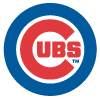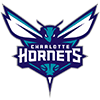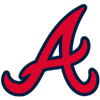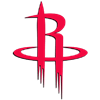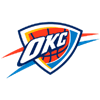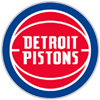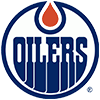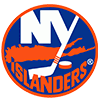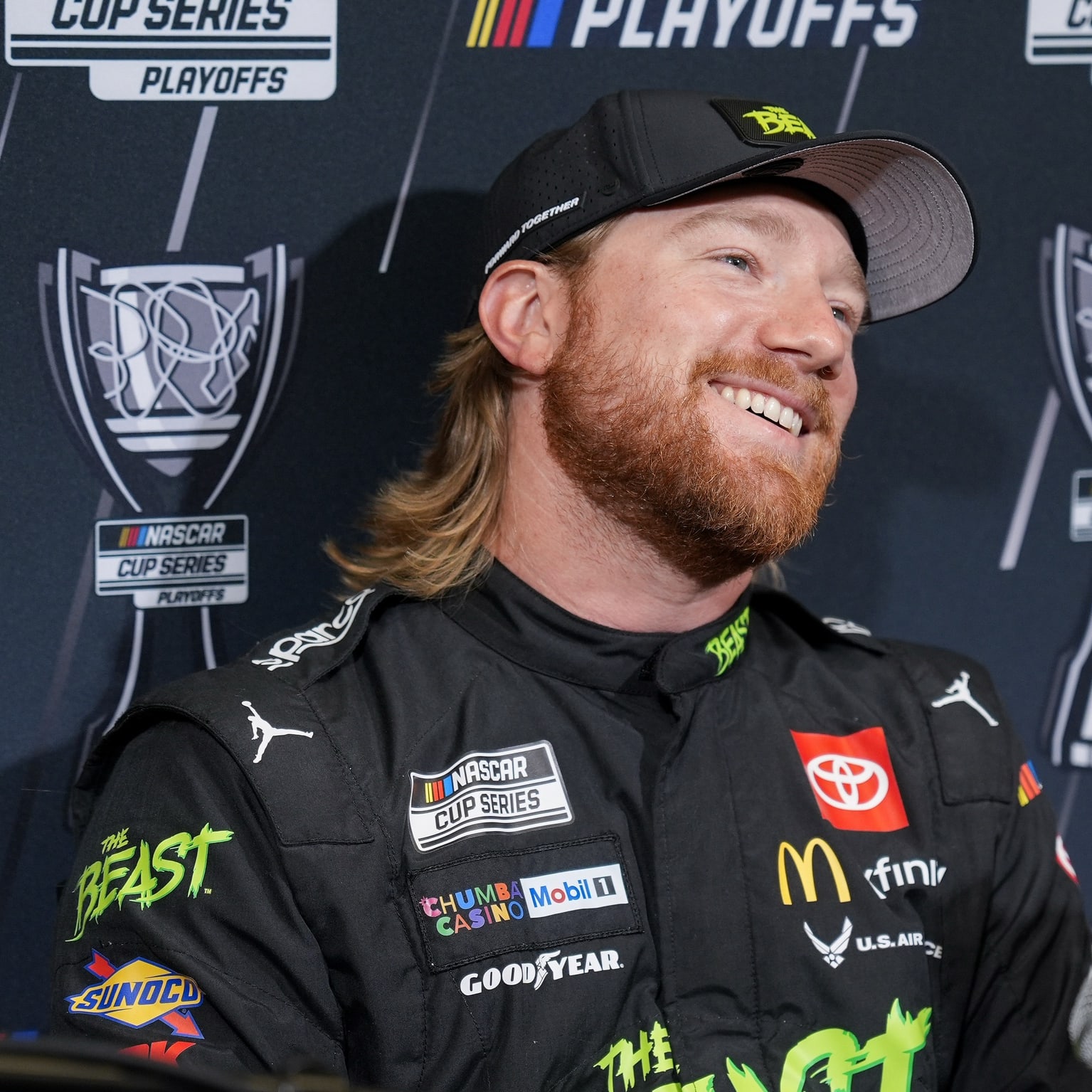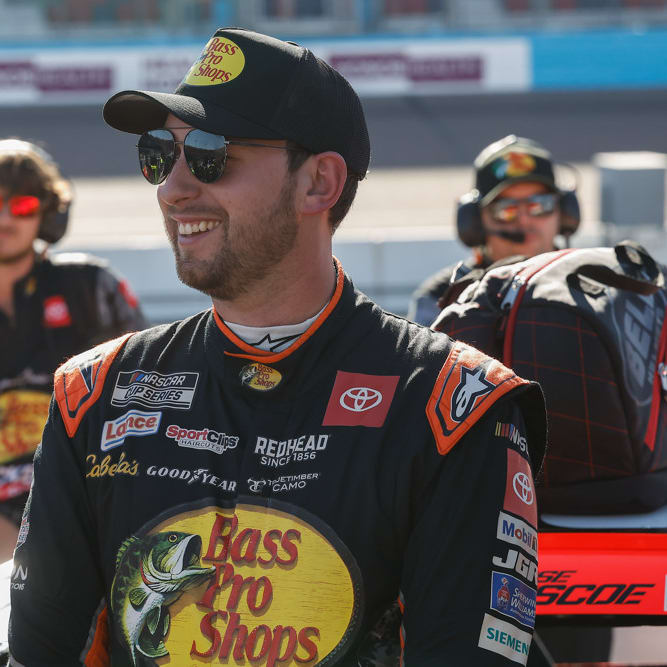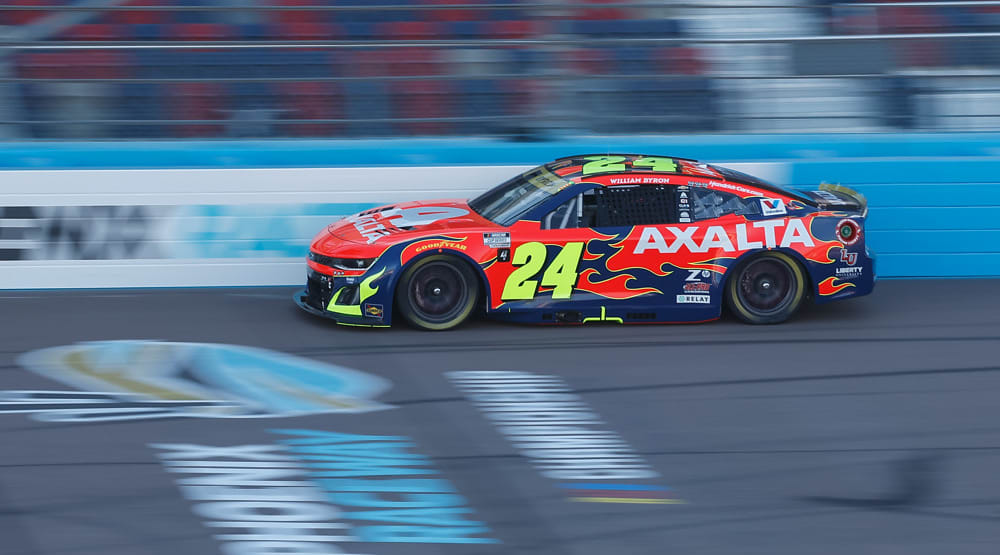Driver Changes
Thanks to the usual silly season movement and free-agent driver signings, we have several drivers moving to new teams in 2017. There are a handful of teams that are shutting down and some that are starting new. There are a few teams that have merged or contracted in order to stay competitive. Also, a handful of driver/team swaps have taken place; among the most notable are the Clint Bowyer and Chris Buescher moves, and the Carl Edwards retirement/Daniel Suarez promotion.
| DRIVER | NEW TEAM | OLD TEAM |
| Ty Dillon | No. 13 Germain Racing | No. 3 Xfinity Series |
| Clint Bowyer | No. 14 Stewart Haas Racing | No. 15 HScott Motorsports |
| Daniel Suarez | No. 19 Joe Gibbs Racing | No. 19 Xfinity Series |
| Joey Gase/TBD | No. 23 BK Racing | No. 32 Go FAS Racing |
| Matt DiBenedetto | No. 32 Go FAS Racing | No. 83 BK Racing |
| Mears?/Biffle? | No. 33 Circle Sport Racing | TBD |
| Landon Cassill | No. 34 Front Row Motorsports | No. 38 Front Row Motorsports |
| Chris Buescher | No. 37 JTG Daugherty Racing | No. 34 Front Row Motorsports |
| David Ragan | No. 38 Front Row Motorsports | No. |
Driver Changes
Thanks to the usual silly season movement and free-agent driver signings, we have several drivers moving to new teams in 2017. There are a handful of teams that are shutting down and some that are starting new. There are a few teams that have merged or contracted in order to stay competitive. Also, a handful of driver/team swaps have taken place; among the most notable are the Clint Bowyer and Chris Buescher moves, and the Carl Edwards retirement/Daniel Suarez promotion.
| DRIVER | NEW TEAM | OLD TEAM |
| Ty Dillon | No. 13 Germain Racing | No. 3 Xfinity Series |
| Clint Bowyer | No. 14 Stewart Haas Racing | No. 15 HScott Motorsports |
| Daniel Suarez | No. 19 Joe Gibbs Racing | No. 19 Xfinity Series |
| Joey Gase/TBD | No. 23 BK Racing | No. 32 Go FAS Racing |
| Matt DiBenedetto | No. 32 Go FAS Racing | No. 83 BK Racing |
| Mears?/Biffle? | No. 33 Circle Sport Racing | TBD |
| Landon Cassill | No. 34 Front Row Motorsports | No. 38 Front Row Motorsports |
| Chris Buescher | No. 37 JTG Daugherty Racing | No. 34 Front Row Motorsports |
| David Ragan | No. 38 Front Row Motorsports | No. 23 BK Racing |
| Reed Sorenson? | No. 55 Premium Motorsports | TBD |
| Erik Jones | No. 77 Furniture Row Racing | No. 20 Xfinity Series |
| TBD | No. 83 BK Racing | TBD |
| TBD | No. 98 Premium Motorsports | TBD |
Technical & Other Rules Changes
Testing policy - Drivers returning following a medical absence get an extra test under the discretion of the sanctioning body.
Spoiler Size - For non-superspeedway events, the spoiler height will be reduced from 3.5 inches to 2.375 inches, further reducing downforce.
Mandatory Roof Hatches at Superspeedways - Roof hatches will remain optional at other race tracks.
Mandatory Toe Boards - Toe boards in driver's cockpit with energy-absorbing material will be mandatory at Superspeedways.
Frame Changes - To restrict movement of the rear axle during competition, NASCAR is mandating change to the main frame assembly, truck trailing arm crossmember assembly, track bar mount and truck trailing arm on rear suspension, arm spacer and pinion angle shim.
Restrictor Plates - For superspeedways, the initial restrictor plate hole size will decrease from 57/64 to 7/8 inch.
A further reduction of downforce and the implementation of additional safety developments highlight the 2017 NASCAR premier series rules package. Aerodynamic adjustments similar to those in place for races at Kentucky Speedway and Michigan International Speedway in 2016 form the framework for the 2017 performance platform. However, slight modifications to the overall base package have been made. According to officials, the 2017 race package will include:
1. Rear spoiler dimensions for all non-restricted events will be 2-3/8 inches by 61 inches. Current spoiler dimensions are 3-1/2 by 61; for the Kentucky and Michigan races, the dimensions were 2-1/2 by 53 inches
2. Splitter measurements for the 2017 package will be the same as those for the 2016 Kentucky and Michigan races, with a 3-inch reduction in the outboard (side) areas
3. A tapered rear deck fin
4. Net rear steer setting of zero
The aero changes are the next evolution of the platform first rolled out for select events in 2015. Mandatory for 2016, those changes reduced downforce (the pressure exerted on a vehicle as it moves through the air) from 2,700 pounds to approximately 2,000 pounds. The 2017 package is expected to reduce downforce by approximately 500 pounds, landing in the 1,500-pound range. Safety enhancements, which include strengthening the interior driver compartment, will be mandatory for superspeedway events at Daytona International Speedway and Talladega Superspeedway and optional at the remaining venues for 2017. The aero package for superspeedway races at Daytona and Talladega will remain unchanged, although there will be a decrease in restrictor plate size (from 57/64ths to 7/8ths of an inch) to combat increasing speeds at the two tracks.
These are the kinds of technical tweaks that NASCAR usually makes when it wants to enhance the racing or improve safety. The list seems to target both equally, so the impact on performance on the track could be noticeable in the early stages of the 2017 season. The teams that can adapt the best and quickest to these changes will have a leg up on the competition.
Stewart Haas Racing Changing from Chevrolet to Ford
One of the biggest stories of the 2016 NASCAR season played out early in the year with the announcement that Stewart-Haas Racing would switch from Chevrolet to Ford in 2017 - a move that caught most everyone off guard. As a result the four teams of this racing stable, Kevin Harvick, Kurt Busch, Clint Bowyer and Danica Patrick, will all field Fords this season.
Stewart Haas Racing had been aligned with Chevrolet since its inception so this was pretty big news last year. As a result, the four teams at SHR will now get their engines from Roush Yates Engines to power their Ford chassis. As with any manufacturer change, we could see some growing pains early in the 2017season. The crew chiefs and team engineers will have to work hard to ease this transition.
Fewer Tires Available
NASCAR reduced the number of tires that Monster Energy teams will get this season. This will happen mostly at the intermediate-sized tracks, and that could be as many as three sets.
This could be one of the more noticeable changes this season as to how it affects competition on the track. A reduced number of tires would force teams to reuse more sets from practice and qualifying in the actual race itself. Strategy will definitely come into play and you could see teams limit practice laps to preserve their tires for the race.
Adjusted Race Start Times
In the face of declining television viewership, NASCAR made some moves to put more races in or close to prime time rather than Sunday afternoons. Also, more races will air on broadcast television on the larger networks. The trend over the last few seasons has moved more races to the second-tier channels, and as a result viewership has been down. These changes are hoped to give the 2017 season ratings a boost.
Seventeen national series events will start closer to prime time. Since the initial release of the 2017 schedule, NASCAR and its television partners, Fox Sports and NBC, shifted two dates for the Xfinity Series and the Camping World Truck Series. The Xfinity Series race at Road America will move to Sunday, Aug. 27, on NBC. The Camping World Truck Series race at Canadian Tire Motorsports Park will now take place on Sunday, Sept. 3, on FS1 prior to the NASCAR Cup Series event at Darlington Raceway on NBCSN.
Schedule Changes
For the 16th consecutive year, the Monster Energy Cup Series schedule will consist of 36 points races as well as two additional weekends featuring non-points events. The Sprint Unlimited (Feb. 18) and two Daytona 500 qualifying races (both on Feb. 23) will take place before the season officially gets underway. The NASCAR Sprint All-Star Race at Charlotte Motor Speedway is May 20.
Key date changes feature Dover's spring event moving back two weeks in the schedule to place it just after Memorial Day weekend and the Coca-Cola 600. Michigan's second date moves forward one week to just before the Bristol night race. The two events swap weekends in 2017. The Chase for the Cup lineup of tracks remains the same, however, two dates swap in the schedule. Talladega moves before Kansas, and now makes Kansas Speedway the elimination race for advancing to the Round of 8 in the Chase.
NASCAR has left most of the schedule alone, however, the swap of Talladega and Kansas during the Chase is a curious move. The high-stakes elimination race at Talladega has been a feature of the Chase since its inception. Now that drama shifts to a much lower risk track like Kansas. It will be interesting to see if the drama of the Chase is impacted by this schedule change.
Series Sponsorship
Monster Energy Drink replaces Sprint as the title sponsor for NASCAR's top division, becoming just the third title sponsor for the top series in NASCAR history, following Sprint and Winston.
Terms of the deal were not disclosed. Along with naming rights to NASCAR's top series, Monster Energy will also hold race sponsorship to the NASCAR All-Star Race and become the official energy drink of NASCAR. Monster Energy also said it will continue to sponsor Stewart-Haas Racing's No. 41 Ford of Kurt Busch.










